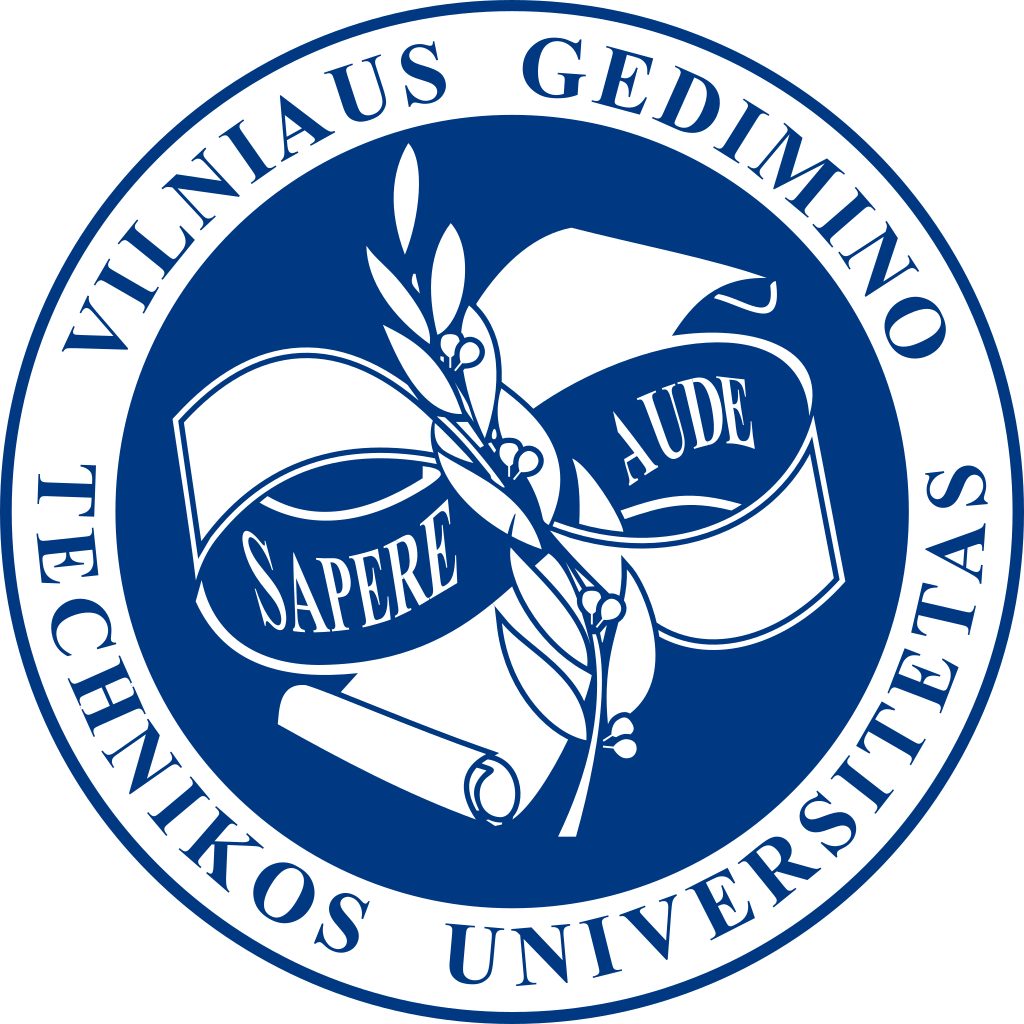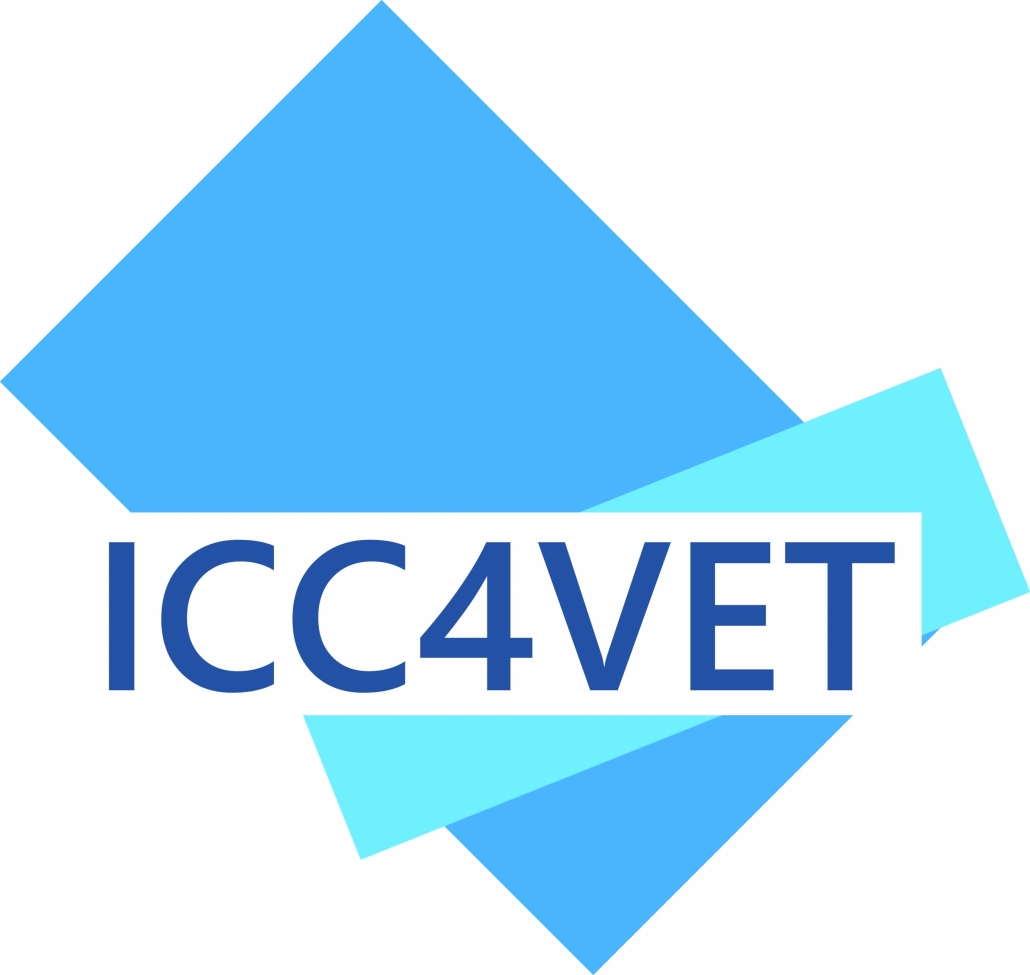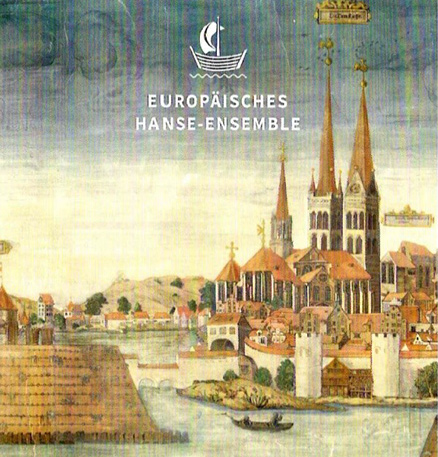We wish you all a wonderful, sunny and healthy summer time!
Also, a magical Midsummer celebration!
The Secretariat of Hanse Parlament & Baltic Sea Academy
We wish you all a wonderful, sunny and healthy summer time!
Also, a magical Midsummer celebration!
The Secretariat of Hanse Parlament & Baltic Sea Academy
Dear Ladies and Gentlemen,
dear Partners and Members,
I greet you in these so different, unusual and challenging days and weeks. None of us has ever experienced such a profound break in our normal lives as we have all experienced recently.
Now it seems that in most countries normality is slowly returning. However, the virus still does not allow us to meet at present. So, we have and had to cancel not only our annual Hanseatic Conference and Memebrs’ Assembly, but also three conferences in Slupsk, Hamburg and Vilnius in the last few months and June as part of three very exciting projects.
A lot of work has been done in these projects, many great and innovative results have been achieved, which we cannot present to you personally, but we would like to give all of us the opportunity to exchange and discuss.
For this purpose, we have prepared these 3 free conferences virtually together with international partners, to which we cordially invite you.
I would be pleased to welcome you to these conferences. You are also free to pass on the information to other interested persons and institutions.
For your participation in online conferences, you can receive a certificate of attendance if you wish. Please let us know in that case.
I wish you all the best for the future and best wishes,
Dr. Max Hogeforster
Chairman of Hanse Parlament and Baltic Sea Academy
Securing young entrepreneurs in SMEs through innovative educational pathways
The backbone of innovative regions are innovative SMEs. Many SMEs face a crucial moment when the business gets transferred, e.g. due to retirement of the previous owner. In fact, more jobs are lost due to failed business transfers, than new jobs are created in start-ups every year. In Lithuania most private companies have been started in the early 1990s, by 30-45 years old owners. A lot of the owners must transfer their businesses in the next years and look for a successor. In addition, Lithuania needs to significantly increase its start-up rates. The already existing shortage of qualified entrepreneurs, managers and skilled workers will increase in the future. This adversely affects further development of small and medium-sized enterprises. High qualification requirements are quickly changing in our time characterized by turbulent economic change. Thus, securing qualified junior staff becomes vital for the survival of SMEs. Against this background, it is of crucial importance for further economic development in Lithuania to overcome the lack of professional and managerial staff and entrepreneurs and to ensure outstanding qualifications.
At the conference, innovative training paths, future-oriented new courses of study and effective support for small and medium-sized enterprises will be presented and discussed.
Appointment: June 19, 2020, 10:00 – 12:00 (Helsinki time) 09:00 -11:00 (CET)
Event Venue: ZOOM video conference
Join Zoom Meeting https://liedm.zoom.us/j/97750320469
Meeting ID: 977 5032 0469
One tap mobile
+37052141488,,97750320469# Lithuania
+37037999260,,97750320469# Lithuania
Dial by your location +370 5214 1488 Lithuania; +370 3799 9260 Lithuania
Meeting ID: 977 5032 0469
Find your local number: https://liedm.zoom.us/u/abeCBaEKJW
The conference videos will be available here: https://www.bachelor-meister.eu/bachelor-and-meister-video-results-login/
PROGRAMME
10:00 Registration and Welcome Coffee
10:05 Promotion of entrepreneurship
Prof. Dr. Ing. Romualdas Ginevičius, Vilnius Gediminas Technical University: Welcome and introduction (10 min)
Dr. Jürgen Hogeforster, Hanse-Parlament: Welcome (5 min)
Elina Priedulena, Hanse-Parlament: Qualification and recruitment of young entrepreneurs and managers for SMEs (20 min)
Assoc. Prof. Dr. Audrius Grainys, Vilnius Gediminas Technical University, Lithuania: The integrated, innovative training for master craftsman and electrical engineer (20 min)
Dr. Max A. Hogeforster, President of the Hanseatic Parliament: Innovative Business Transfer Models for SMEs in the Baltic Sea Region (20 min)
Prof. Dr. Andreas Dittmar Weise, Hochschule 21, Germany: Experience with training to become a master craftsman and civil engineer (20 min)
11:30 Discussion
Moderation: Assoc. Prof. Dr. Audrius Grainys, Vilnius Gediminas Technical University
12:00 End of Conference


The shortage of skilled workers, which will become increasingly acute in the future for demographic reasons, limits the development of small and medium-sized enterprises. At the same time there is a growing deficit of young entrepreneurs. In the meantime, more jobs are being lost through failed company transfers than new ones are being created through start-ups. Attracting young people to entrepreneurship and providing them with qualified specialists are the most important tasks for promoting SMEs.
People with a history of immigration and flight can make decisive contributions to mastering these challenges. How can refugees be supported on their way to entrepreneurship or to becoming skilled workers? Which instruments and support measures are particularly effective and have proven themselves in practice? What strategies are being pursued in Hamburg and what paths are being taken in other European countries?
This virtual conference provides concrete answers to these and other questions. The contributions and discussions deal with the results of the project and provide further insights.
Please use the following link to watch the videos at any time for you available: https://www.new-entrepreneurs.eu/new-entrepreneurs-video-results-login/
The virtual conference live will take place on 15 June 2020 at 2pm – 4pm (Central European time).
Install this free software before the meeting: https://global.gotomeeting.com/install/728885797
Join the meeting: https://global.gotomeeting.com/join/728885797
VIRTUAL CONFERENCE AGENDA
Dr. Max Hogeforster, Hanse-Parlament: Welcome and Introduction (10 min)
Christian Wildt, Hanse-Parlament: Attraction and Qualification of Refugees as Successors (20 min)
Prof. Dr. Uwe Schaumann, Berufsakademie Hamburg: A tool for determining entrepreneurial competencies (20 min)
Heidrun Bichler-Ripfel, Institut für angewandte Gewerbeforschung der Wirtschaftskammer Österreich: Experience with language training for foreign new entrepreneurs (15 min)
Elina Priedulena, Hanse-Parlament: Models and experiences of successful training of entrepreneurs (15 min)
Sophie Bernet: Institut für angewandte Gewerbeforschung der Wirtschaftskammer Österreich: Working with refugees and prospects of their integration as an entrepreneur (15 min)
Discussion
Moderation: Dr. Max Hogeforster


Vocational training has fallen to an alarmingly low level, and at the same time many entrepreneurs are complaining about skills shortages. The existing shortage of qualified entrepreneurs, managers and skilled workers, which will continue to grow in the future, is the greatest constraint on the further development of small and medium-sized enterprises. Securing young talent is becoming a question of survival.
Dual vocational education and training has a proven track of record in being beneficial to SMEs, apprentices and workers and society by setting the ground in overcoming these challenges. How to establish industry competence centers of vocational education and training? Which strategies are successful in attracting companies, schools and apprentices to participate in vocational education and training? What is the core content of the technician training and how to implement? How to train company personnel in carrying out vocational training?
As part of the EU project ICC4VET (Establishment of two-stage industry competence centers of vocational education and training), we and international partners have developed and successfully tested concrete solutions for vocational training, further education and university education and for securing young talent.
We would like to present these solutions to you at a online conference and discuss them with you.
Please use the following link to watch the videos at any time for you available: https://icc4vet.eu/icc4vet-video-results-login/
The virtual conference live will take place on 17 June 2020 at 10:00-12:00 am (CET).
Install this free software before the meeting: https://global.gotomeeting.com/install/955330437
Join the meeting: https://global.gotomeeting.com/join/128049165
VIRTUAL CONFERENCE AGENDA
Dr. Max Hogeforster, Baltic Sea Academy: Welcome and Introduction (10 min)
Barbara Zakrzewska, Zespol Szkol Mechanicznych i Logistycznych im. inz. Tadeusza Tanskiego: Welcome remarks and Objectives (10 min)
Christian Wildt, Hanse-Parlament: Establishment of industry competence centers of vocational education and training (20 min)
Barbara Zakrzewska or Mateusz Weiland, Zespol Szkol Mechanicznych i Logistycznych im. inz. Tadeusza Tanskiego, Poland: Experiences with the establishment of Competence Center, dual vocational training and further training of teachers (20 min)
Kaili Leino, Võru County Vocational Training Centre, Estonia: Qualification of company personnel to carry out in-company vocational training (15 min)
Elina Priedulena, Hanse-Parlament: Excellent managers and executives through further training to become technicians or master craftsmen (15 min)
Discussion
Moderation: Dr. Max Hogeforster


Hanse-Parlament kindly invites you to take part in a survey on WBL practices in your country.
For many of you, work-based learning is part of your daily work, either because you teach young people in this way or because you inform others about it, or you are otherwise involved in WBL.
Work-based learning (WBL) provides trainees and students with real-life work experiences. Various models of this have been introduced in education systems throughout Europe.
The common denominator is: learning alternately in school lessons to acquire theoretical knowledge and then applying it practically in companies. The practices phases are organised either as work placements or as an integral part of the training with an employee contract, as is the case in the dual system.
No matter in which form work-based learning is implemented in your country, carrying out this survey we would like to draw a picture of status quo of WBL development in Europe.
If you are an entrepreneur, teacher or trainer, or you work in a government, administration or ministry in the field of vocational education and training – this survey is the right one for you!
This short survey takes place within the Erasmus+ Project ExcellWBL led by Latvian Chamber of Commerce and Industry.
Depending on your answers, there are between 10 to max. 15 short questions.
Please us this link https://www.surveymonkey.com/r/2020WBL to access the survey that is anonymous.
You are welcome to spread this link in your network!
Thank you!

Here we would like to provide you as a project partner with information on project implementation during the COVID-19 pandemic. If you have specific questions, please do not hesitate to contact the Hanse Parlament.
On 11 March 2020, the World Health Organisation declared the corona virus a global pandemic. Therefore, the principle of ‘force majeure’ can be applied to the Erasmus+ programme.
This principle applies to
To Multiplier events/conferences:
As a matter of principle, there is no overall rule on the part of the EU Commission as to whether and up to what date events are to be postponed or cancelled. However, events and meetings can be cancelled with reference to force majeure if these had taken place in ‘affected areas’.
In any case, it is important that in all the cases the responsible partners are able to document and justify the decisions of cancellation well (with the appropriate evidence depending on the individual case, e.g. emails from partners, official regulations, etc.). These evidences will be necessary to submit with the next report in the projects.
The project consortium is asked to use online tools to carry out meetings, video conferences etc. If these can be carried out virtually, the originally approved costs (unit cost rates) will be accepted for the original duration of the measures applied. As evidence registration list, agenda, screen shots, etc. of the event need to be submitted.
To Already booked travelling that had to be cancelled:
Unforeseen additional costs are expenses that are not included in the original budget (e.g. cancellation fees that were not covered by insurance are covered if the event could not be postponed). These expenses must be accounted for as real costs (not as unit costs or lump sums). For the documentation, there must be kept a signed declaration certifying that the costs could not be reimbursed otherwise.
Generally, due to COVID-19, projects lasting 36 months can only be extended in a very exceptional case (serious problems) if the overall success of the project is at risk. In the case of the projects led by the Hanse Parlament and Baltic Sea Academy this does not apply to any of the projects. The duration of the projects therefore remains unchanged. All Intellectual Outputs and projects results need to be achieved by ending of the respective project.
The year is drawing to a close. We would like to take this opportunity to thank you for the many beautiful and joyful encounters over the year and trusting and reliable cooperation!
We wish you and your families a merry Christmas and good fortune, success and well-being in the New Year!
The Secretariat of the Hanse Parlament and the Baltic Sea Academy
The Hanseatic cities in northern Europe were centres of economic power and civil prosperity, and at the same time the Hanseatic League favoured a multifaceted flowering of culture – including music. To rediscover the great musical heritage of this region from the time around 1600 and to revive it for our time in concerts is the great concern of the Hanse Ensemble.

With new discoveries of musical treasures, the Hanse Ensemble is a welcome guest at concerts and also with musical accompaniment at various events. The instrumentation of the ensemble is very variable and is geared solely to the optimal presentation of the respective repertoire. In addition to internationally sought-after vocal soloists, highly specialized instrumentalists are employed for the original instruments of the respective epoch.
The ensemble likes to travel and is constantly on the move, especially throughout the Baltic Sea region. The artistic director is Prof. Dr. Manfred Cordes. He likes to organize especially cost-effective performances of the Hanse Ensemble on very different occasions, e.g. concerts, musical performances at conferences, conferences and much more.
Contact
European Hanse Ensemble
European Hansemuseum Office
An der Untertrave 1
D-23552 Lübeck
Telefon +40 (0)451 80 90 99 86
Fax +49 (0)451 80 90 99 4
manfred.cordes@hanse-ensemble.eu
www.hanse-ensemble.eu